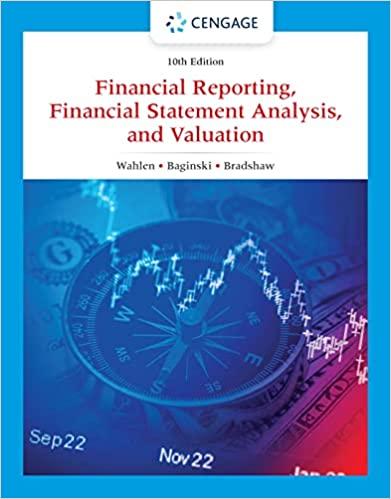Question
3.Which of these statements is correct ( select all that apply) A.Section 194 does not allow the director of a proprietary company to vote on
3.Which of these statements is correct ( select all that apply)
A.Section 194 does not allow the director of a proprietary company to vote on a matter in which he has a material personal interest.
B.A director of a company who has a material personal interest in a matter that relates to the affairs of the company must give the other directors notice of the interest unless an exemption applies.
C.Disclosure must be given at a directors meeting as soon as possible after the director becomes aware of their interest in the matter.
D.Section 195 provides that a director who has a material personal interest in a matter being considered by the board of directors meeting must not vote on the matter.
4.In corporate law, the proper plaintiff rule means that
A.the directors must take action against themselves.
B.the directors are personally considered as the proper plaintiffs.
C.the company is the proper plaintiff to start an action against a third party.
D.the company cannot sue any of its directors.
Step by Step Solution
There are 3 Steps involved in it
Step: 1

Get Instant Access to Expert-Tailored Solutions
See step-by-step solutions with expert insights and AI powered tools for academic success
Step: 2

Step: 3

Ace Your Homework with AI
Get the answers you need in no time with our AI-driven, step-by-step assistance
Get Started


